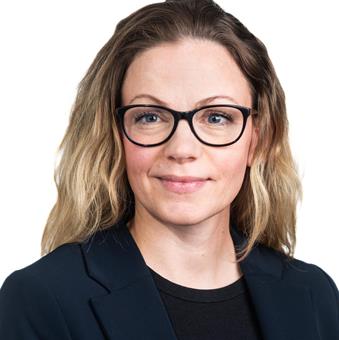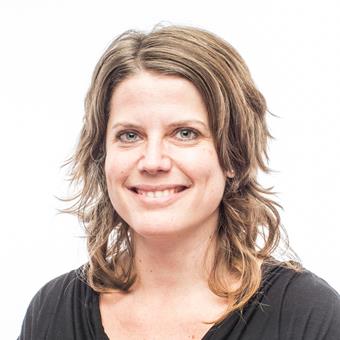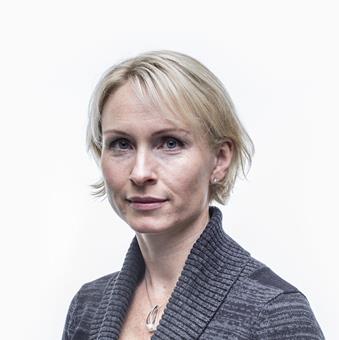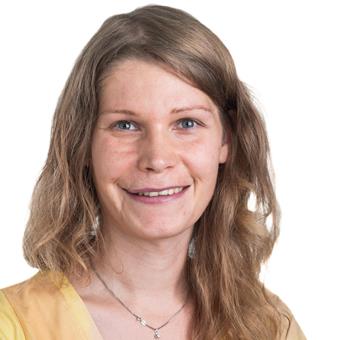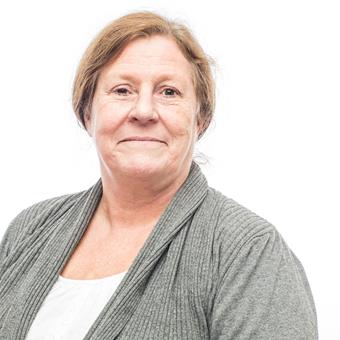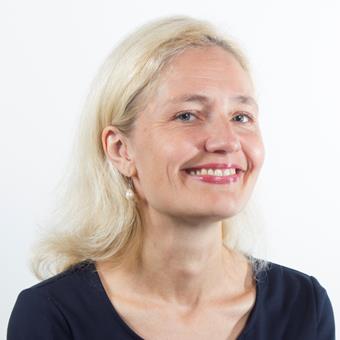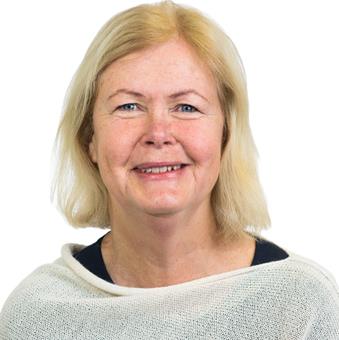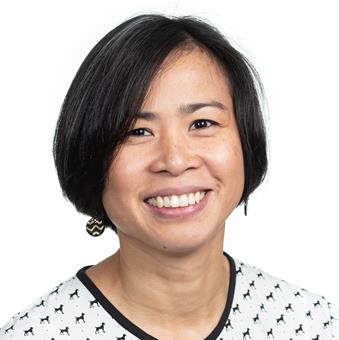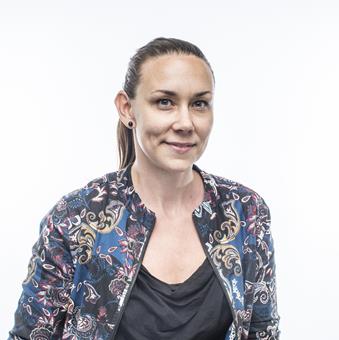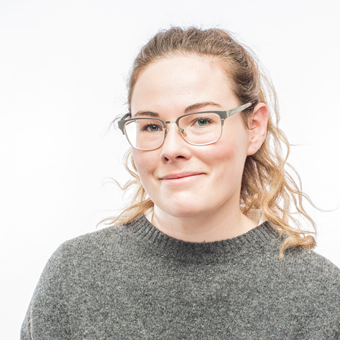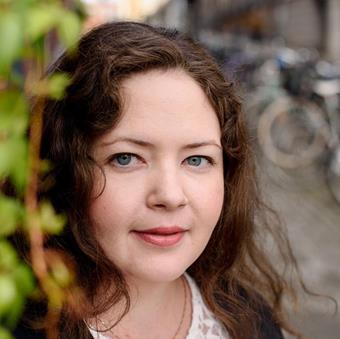Our research focuses on a range of perspectives: from social policy, organizational perspectives, social issues, living conditions and how these relate to different situations of older adults in social work practice.
Our research is inter- and transdisciplinary, with a focus on translating this knowledge into policy and practice. We work with a range of qualitative and quantitative methods and different theoretical perspectives.
Researchers in the group are also active in science outreach and work with a user perspective in research.
We have meetings once a month for a seminar or workshop. The GEROSOC research group is also open to temporary participation by researchers from other divisions, departments, and Universities.
Topics
- Gerontological social work and social inequalities in later life
- Gerontological aspects of the social life course
- Organization, management, and quality of care for older adults
- Formal social services and informal care in service provision
- Social work with older adults living with dementia
- Social problems in later life
